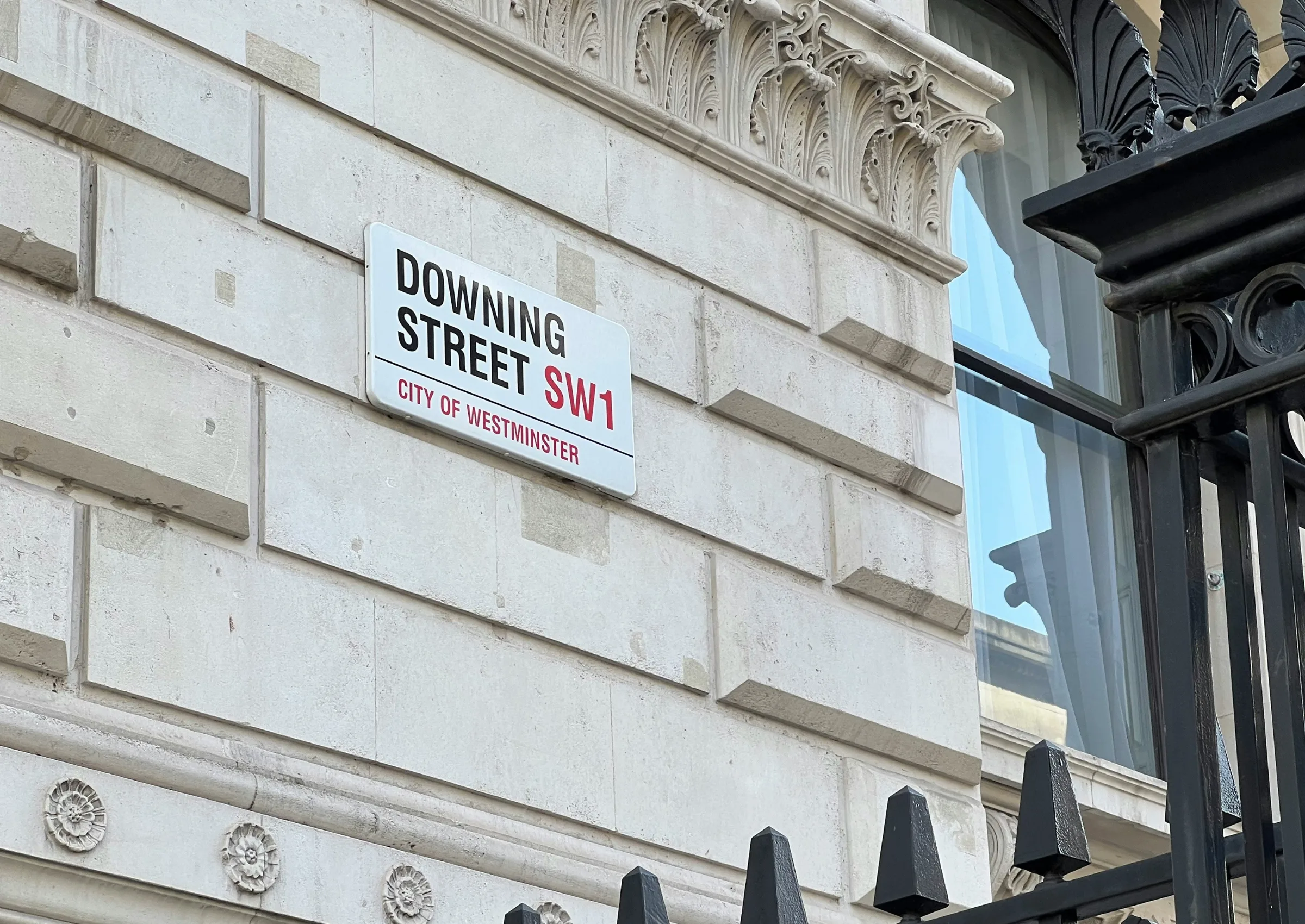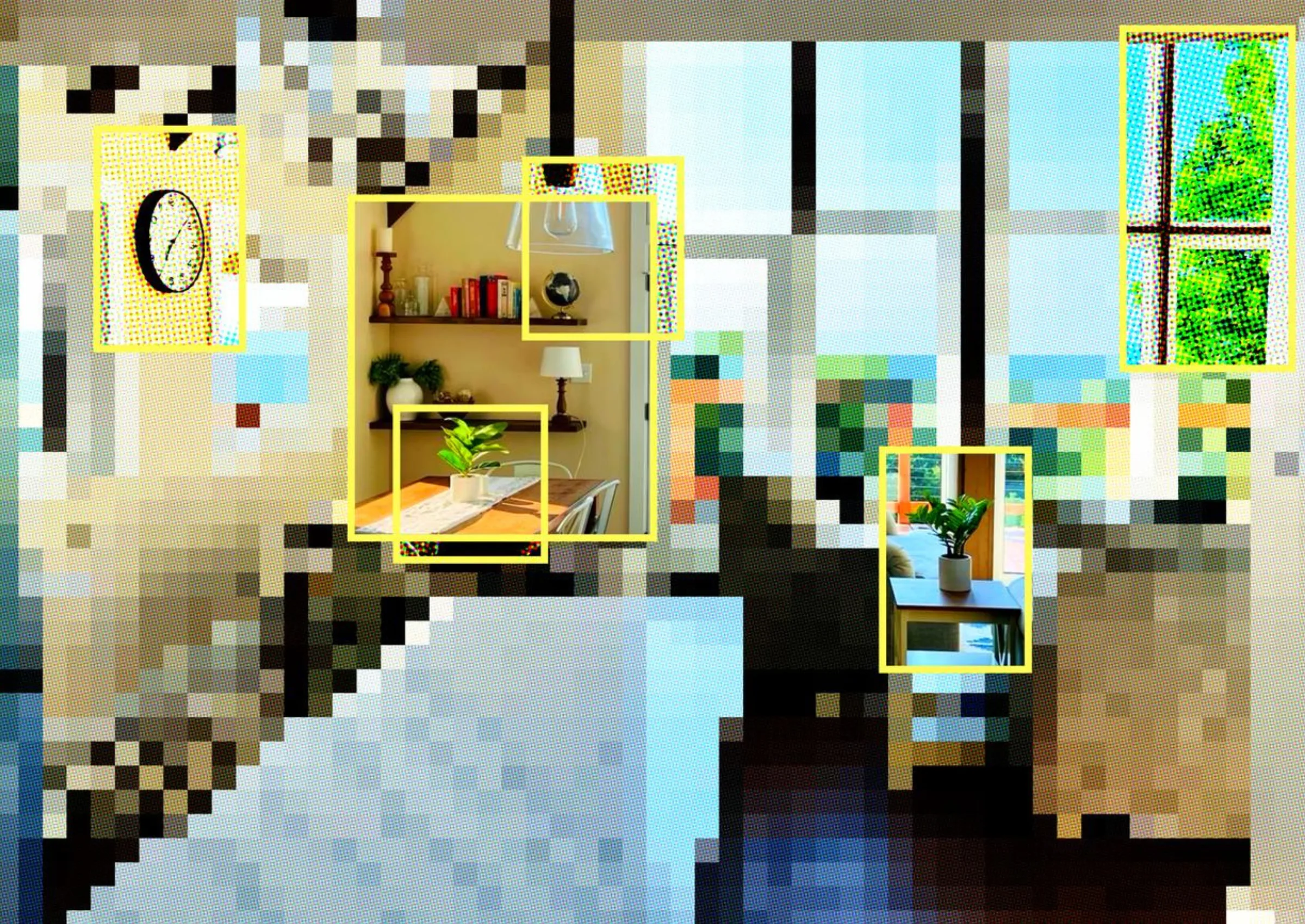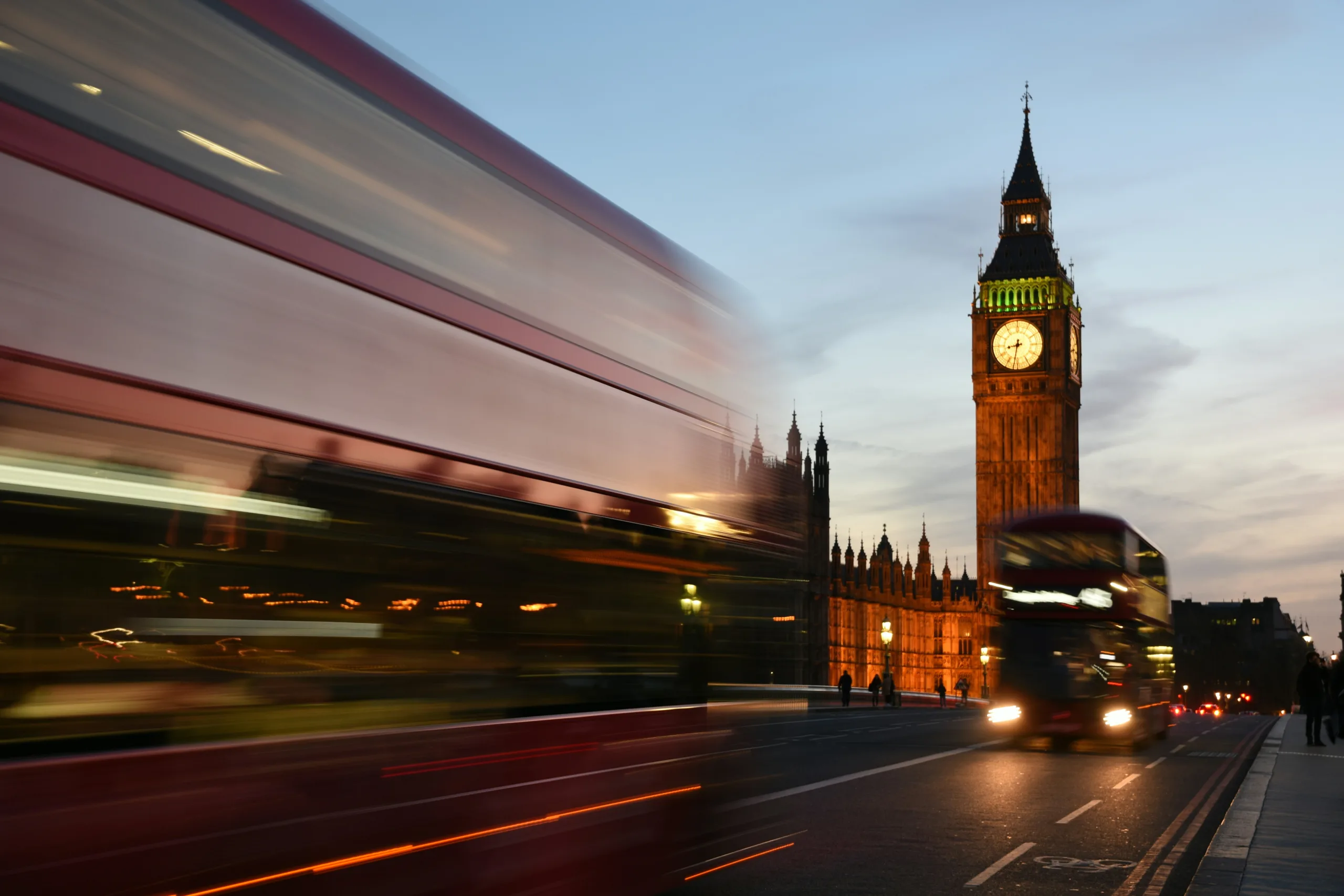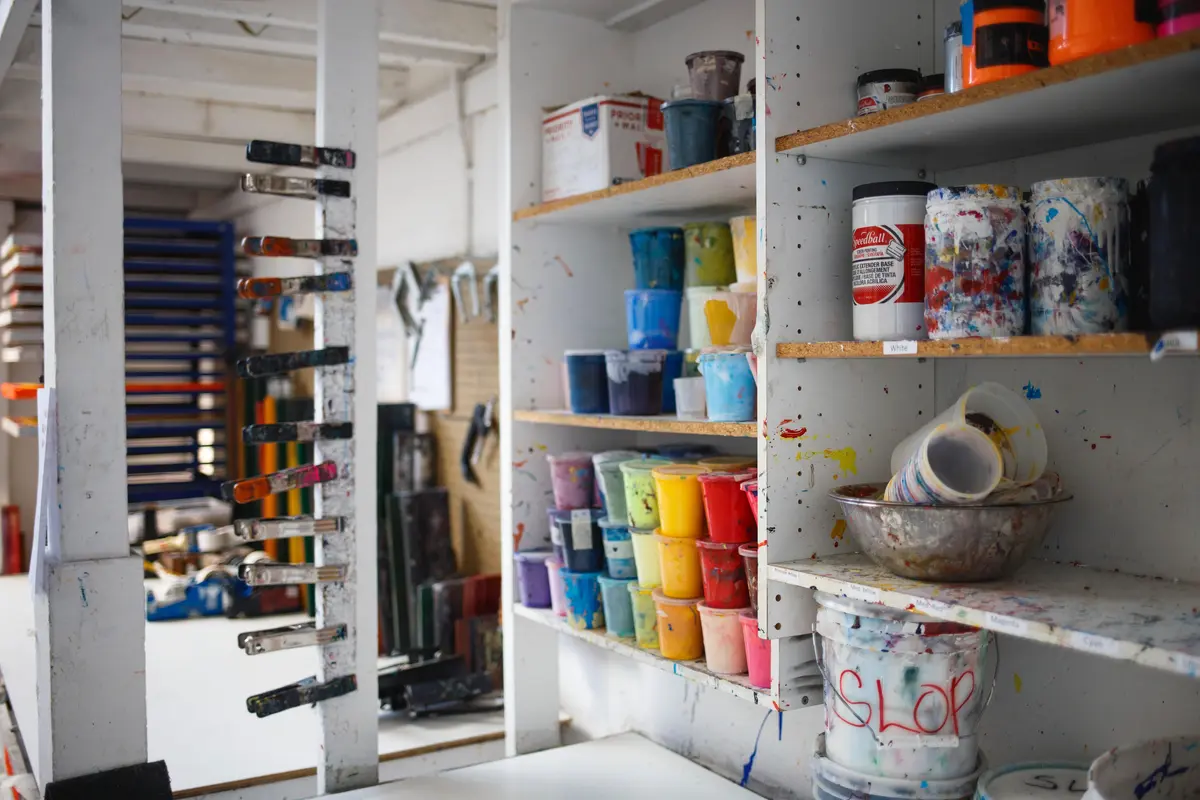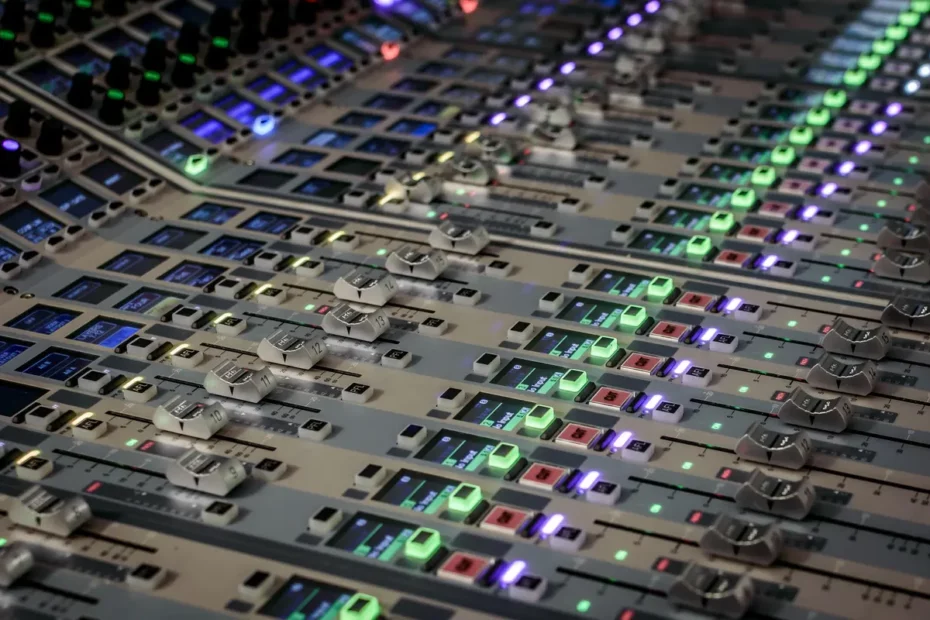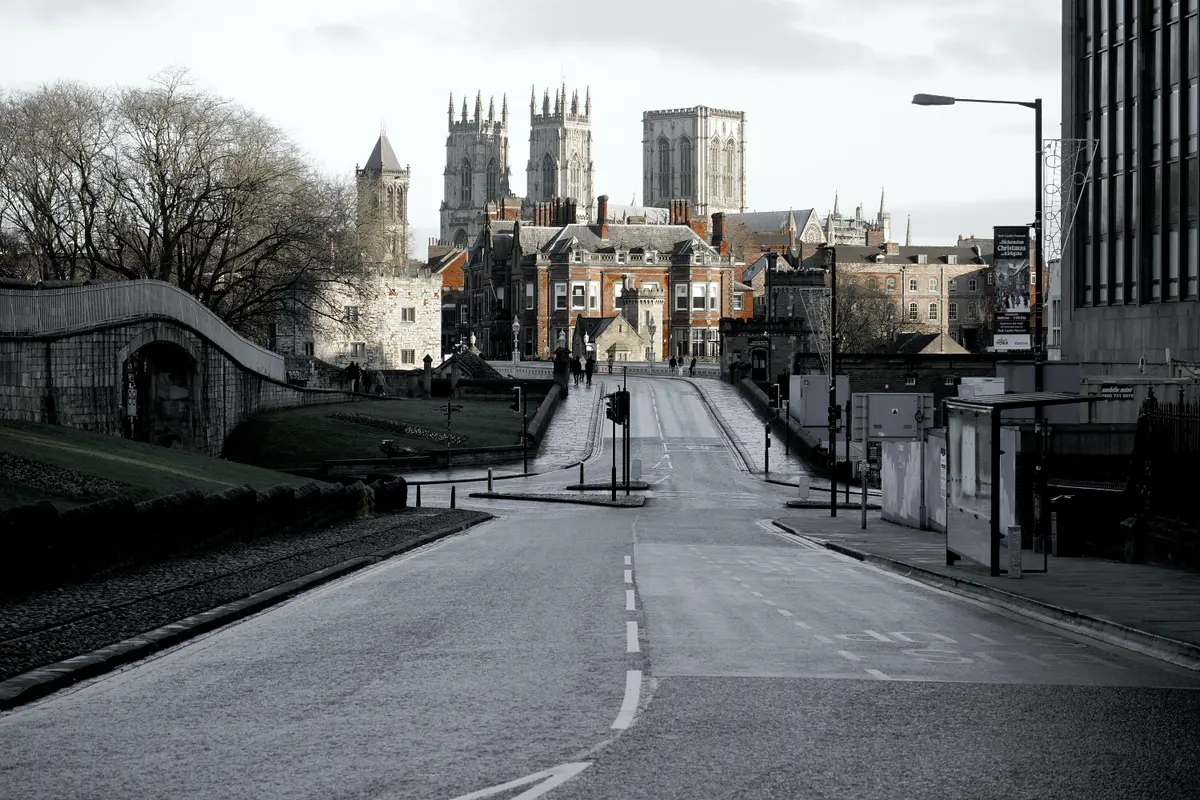Yesterday, the Government published the Integrated Review, a survey of the UK’s foreign policy and national security. The Review includes commitments to push for economic and political openness, to act as a champion for action against climate change, to boost defence strategy, to act for the Union, to champion free trade and to develop as a science superpower.
Importantly for the creative industries, it not only talks about the UK’s strength in terms of its scientific prowess but also recognises the UK as a ‘soft power superpower’ including as a result of its creative and cultural industries.
The PEC submitted to the Integrated Review as part of the public consultation that took place ahead of the publication. Our recommendations aimed to develop the role that the UK’s creative industries could play in the Government’s soft power strategy by supporting local and national economies, growth and well-being, as well as helping the UK to address global challenges, from sustainable development to the current Covid-19 pandemic.
We suggested that culture and the creative industries are crucial elements of good international relations, in part because of how they can shape how others see us. The broad church the sector represents includes many of the UK’s best known exports – from Jeeves and Wooster to Black Mirror, Stormzy, Miss Marple, Vivienne Westwood, Zaha Hadid and the Great British Bake Off – all powerful assets that can change hearts and minds.
The United Kingdom’s success as a soft power is far from new. However, interviews with global leaders in our submission showed us how much of it is still based on our heritage. Perhaps now, we suggested, the UK needs a new creative recipe for soft power; one that combines some of our old assets with new and considers which global problems we will help to solve in the coming decades and what new narratives will emerge about Britain.
How does the Integrated Review address the soft power impact of the creative industries?
The Integrated Review highlights the strength of the UK’s cultural and creative industries, and recognises that this cannot be taken for granted, as “those who challenge the values of open and democratic societies increasingly do so through culture: systemic competitors like Russia and China invest heavily in global cultural power projection and information operations”.
The Review includes a commitment to continue to support the UK’s creative and cultural sectors, including by:
- Investing £150 million in the Creative Industries Sector Deal
- Increasing economy-wide investment in research and development (R&D) to 2.4% of GDP by 2027
- Providing funding of £1.7 billion a year to 45 arm’s length bodies that support UK cultural and sporting excellence
- Building on the soft power strengths of existing assets including the British Council and the BBC
These recommendations are welcome in recognising that the soft power capabilities of our cultural assets are unlikely to grow without Government investment, and reinforce the importance of existing initiatives in supporting the sector. However, these are still several ways that the Government can build on these areas.
Government making use of soft power assets
The interviews we conducted to shape our submission indicated that there is an opportunity for policymakers to make better use of the very soft power assets the Government are supporting. Ex-diplomat Tom Fletcher told us that:
“In terms of diplomacy’s relationship with the creative industries – it should be a two-way street. A diplomat’s power is, of course, increased by the UK’s soft power assets. But there is also a lot that diplomats can do to increase the power of the UK’s culture and creative industries overseas.”
Desire to use diplomatic networks to help connect creative clusters was echoed by those in the industry in the UK – including by Lisa Burger, joint Chief Executive of the National Theatre:
“When all the focus is on delivery of a tour, identifying the appropriate individuals locally who could give guidance on how we could add value for the UK becomes a nice to have. The danger is it feels too complicated and too time consuming for little apparent short term benefit. But we all know the long term gains if we can get this right.”
We therefore recommended the Foreign, Commonwealth and Development Office (FCDO) introduce a raft of measures which would ensure the diplomatic service is able to better work with the UK’s vibrant creative industries. As the Review seeks to support the growth of our soft power assets, the need to share information and opportunities with those working on foreign policy issues will be amplified.
Significant financial investment is not necessary to achieve this, and our submission suggested measures could be fleet of foot. For example, we recommend developing a small creative industries and soft power briefing unit that could work with embassies and the British Council to forge new connections and measure the impact of such interventions, and the introduction of a standing item on culture and the creative industries that would be added to the annual ambassadors conference to highlight both British heritage and the cutting edge of UK creativity.
Innovation
The inclusion of R&D as a major facilitator of soft power in this Review is welcome. In the PEC’s submission to the Review, we highlighted how digital technologies are becoming increasingly important to culture and the creative industries in terms of skills, content production and consumption. Investment at the nexus of creativity and technology could offer the opportunity to develop valuable new narratives about the UK as they combine more traditional soft power assets with the bleeding edge of technological innovation.
Again, the broad direction offered by the Integrated Review leaves the door open for more specific interventions. For example, the PEC has recommended the funding of an AI and Creative Industries Centre, a £10m, 5-year industry-led innovation centre which would allow the UK to capitalise on its strong positions in the creative industries and in AI research where we are currently third only behind the US and China. Developing other areas of specific UK strength in innovation, like design, was another recommendation made by the PEC, which we believe could particularly benefit the UK’s ambitions in sustainable development as well as diplomacy.
More broadly, it will be critical that findings of the Integrated Review dovetail into the upcoming Government consultation on R&D tax incentives which, for the first time, might allow creative content development to be included alongside traditional research and development in qualifying for tax incentives. Otherwise, the UK’s substantial R&D spend may not benefit the UK’s creative sector in the way this Review indicates it should.
Immigration policy
Both the 2021 Budget and the Integrated Review also seemed to recognise another focus of our submission: the connection between soft power and how our immigration policy operates. Recent controversy around visas for musicians has shown just how essential it is that we investigate bilateral agreements which allow cultural exchange to take place. In our submission we highlighted how the ability of the sector to retain international students has important implications in terms of soft power, but also for the UK’s Industrial Strategy and “levelling-up” agenda.
The Budget announced additional changes to the UK’s immigration system, including the introduction by March 2022 of ‘an elite points based visa’ and a reform of the Global Talent Visa. The importance of these reforms is referenced in the Integrated Review. Both of these policies are aimed at attracting and retaining “the most highly skilled, globally mobile talent – particularly in academia, science, research and technology – from around the world”. Depending on how these reforms are designed, they could bridge the gap between existing provision and a system which would be based on talent. Such an approach offers a much needed opportunity to revisit the question of how creative workers might continue to use the UK as a one of the world’s greatest creative hubs.
Whilst the Integrated Review offers a broad direction of travel for the UK’s foreign policy, it will only be in how it influences the work of departments across Government that we will truly see its success. It is essential that during this period, culture and the creative industries remain central to the conversation, not only in terms of the themes above but also in areas as varied as facilitation of diplomatic meetings and framing of British values.
Image by NASA
Government Submissions
Creative PEC Submission for the Arts Council England Public Review
On 16 December 2025, the Department for Culture Media and Sport (DCMS) published its Independent Rev…
Creative PEC response to the AI and Copyright Consultation
Read the Government Submission on AI and Copyright from Creative PEC.
Invest 2035: The UK’s Modern Industrial Strategy
Creative PEC Response In November 2024 the UK Government published a green paper, Invest 2035: The U…
Curriculum Review Call for Evidence – Creative PEC Submission
Introduction Creative PEC provided a limited response to the UK Government’s Curriculum Review…
Representation for the 2024 Autumn Budget
Creative PEC’s Response Introduction The creative industries are a significant part of the UK …
Scaling Up: AI and Creative Tech
Creative PEC Submission for the Communications and Digital Committee Creative PEC responded to the U…
Autumn Statement 2023 – Creative PEC’s representation
The Autumn Statement presents an opportunity for the government to supercharge its plans laid out in…
Culture, Media and Sport Committee’s British Film and High-End Television Inquiry
Creative PEC’s Response Executive Summary In this submission, the Creative Industries Policy a…
Work Advance & PEC oral evidence to House of Lords: Creative Futures 2022
The House of Lords Communications and Digital Committee is undertaking an inquiry into the future of…
PEC Response to the House of Lords Communications and Digital Committee inquiry “A creative future”
This submission from the Creative Industries Policy and Evidence Centre responds to the questions po…
PEC Submission to the DCMS consultation on ‘A change of ownership of Channel 4 Television Corporation’
This submission of written evidence was prepared in response to the ‘Consultation on a change of own…
Response to the DCMS Committee ‘Cultural Placemaking and the Levelling Up Agenda’
This submission from the Creative Industries Policy and Evidence Centre aims to answer the questions…





